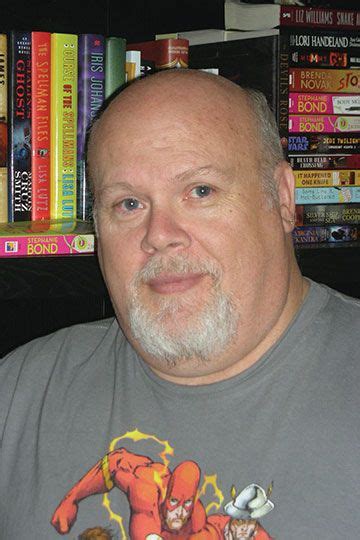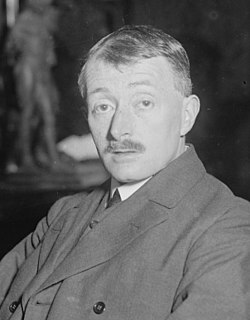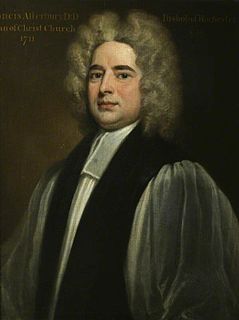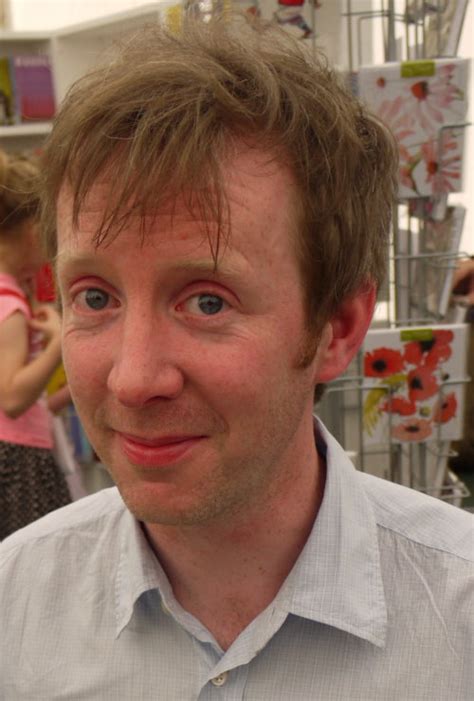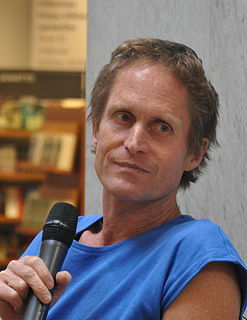A Quote by Luc de Clapiers
We ought never to be afraid to repeat an ancient truth, when we feel that we can make it more striking by a neater turn, or bring it alongside of another truth, which may make it clearer, and thereby accumulate evidence. It belongs to the inventive faculty to see clearly the relative state of things, and to be able to place them in connection; but the discoveries of ages gone by belong less to their first authors than to those who make them practically useful to the world.
Quote Topics
Able
Accumulate
Afraid
Ages
Alongside
Ancient
Another
Authors
Belong
Belongs
Bring
Clearer
Clearly
Connection
Discoveries
Evidence
Faculty
Feel
First
Gone
Inventive
Less
Make
May
More
Never
Ought
Place
Practically
Relative
Repeat
See
State
Striking
Than
Them
Thereby
Things
Those
Truth
Turn
Useful
Which
World
Related Quotes
Modesty teaches us to speak of the ancients with respect, especially when we are not very familiar with their works. Newton, who knew them practically by heart, had the greatest respect for them, and considered them to be men of genius and superior intelligence who had carried their discoveries in every field much further than we today suspect, judging from what remains of their writings. More ancient writings have been lost than have been preserved, and perhaps our new discoveries are of less value than those that we have lost.
The point I would make is that the novelist and the historian are seeking the same thing: the truth – not a different truth: the same truth – only they reach it, or try to reach it, by different routes. Whether the event took place in a world now gone to dust, preserved by documents and evaluated by scholarship, or in the imagination, preserved by memory and distilled by the creative process, they both want to tell us how it was: to re-create it, by their separate methods, and make it live again in the world around them.
Be proud of your mistakes. Well, proud may not be exactly the right word, but respect them, treasure them, be kind to them, learn from them. And, more than that, and more important than that, make them. Make mistakes. Make great mistakes, make wonderful mistakes, make glorious mistakes. Better to make a hundred mistakes than to stare at a blank piece of paper too scared to do anything wrong.
Making fiction for children, making books for children, isn't something you do for money. It's something you do because what children read and learn and see and take in changes them and forms them, and they make the future. They make the world we're going to wind up in, the world that will be here when we're gone. Which sounds preachy (and is more than you need for a quotebyte) but it's true. I want to tell kids important things, and I want them to love stories and love reading and love finding things out. I want them to be brave and wise. So I write for them.
I do not know why it matters that I should tell the truth to myself at night, why it should matter that the truth should be spoken at least once in the world. Because the world is a place of silence, the sky at night when the birds have gone is a vast silent place. Words will make the slightest difference to the sky at night. They will not brighten it or make it less strange. And the day too has its own deep indifference to anything that is said.
The more experiences and experiments accumulate in the exploration of nature, the more precarious the theories become. But it is not always good to discard them immediately on this account. For every hypothesis which once was sound was useful for thinking of previous phenomena in the proper interrelations and for keeping them in context. We ought to set down contradictory experiences separately, until enough have accumulated to make building a new structure worthwhile.
Even the alleged benefits of war, so far as more than alleged, spring from the fact that conflict of peoples at least enforces intercourse between them and thus accidentally enables them to learn from one another, and thereby to expand their horizons. Travel, economic and commercial tendencies, have at present gone far to break down external barriers; to bring peoples and classes into closer and more perceptible connection with one another.
History, in the end, is only another kind of story, and stories are different from the truth. The truth is messy and chaotic and all over the place. Often it just doesn’t make sense. Stories make things make sense, but the way they do that is to leave out anything that doesn’t fit. And often that is quite a lot.
You cannot teach somebody to write a masterpiece, but you can certainly teach them how to improve their writing skills. And you can teach them that they can make their own voices more effective by being able to communicate more clearly and forcefully. It makes people feel more capable when they can write - for instance to make a request - of a politician - and when they are able to receive a reply.
I think different societies, cultures, individuals, teams of people, make the world a better place. The founding fathers, they made New England, they made those 13 colonies. I don't know if they thought they were changing the world or just changing their world, but they did make the world a better place. Doctors that cure patients or cure diseases or make discoveries, they're making the world a better place. Can I make the world a better place by selling underpants? Not really. That's just the means. That gives me resources to try to make the world a better place.
There's a widespread notion that children are open, that the truth about their inner selves just seeps out of them. That's all wrong. No one is more covert than a child, and no one has a greater need to be that way. It's a response to a world that's always using a can opener to open them up to see what's inside, wondering whether it ought to be replaced with a more useful sort of preserves.


